The best shops are team-orientated with strong leadership so techs are motivated to learn new technologies, says Posey
Leesburg, Va.—The National Institute for Automotive Service Excellence occasionally profiles one of its ASE Certified professionals. Interested in sharing your story with ASE? Send an email with your contact information to marketing@ase.com.
Why did you decide to become a technician?
“When I was 18 years old, I took my Toyota Supra to a local tire store. They put some wheels and tires on but didn’t tighten the lug nuts and I had a wheel fall off going down the road. I decided at that moment I was going to learn how to fix and do everything myself.”
Where did you get your training?
My first job in the industry was offered to me by my girlfriend’s father working on small engines after he had watched me work on my own cars. He owned a True Value/ Bumper to Bumper. He let me use the automotive shop in evenings to work on my own cars. During this time, I did multiple engine swaps, engine harness conversions and some ECU tuning on my own cars and friend’s cars.”
How long have you worked as an technician?
Chris has worked in the industry for 11 years. He has worked for a tire franchise, multiple independent shops, and a Fiat-Chrysler dealership. He is now working at Barrett Automotive in Cornelia, Ga. “My first job working with cars was at a tire store in Hall County. A friend of mine worked there and they needed help, so he recommended me. It was mostly oil changes and suspension work. No diagnostic. My entire diagnostic process came from working in a Chrysler dealership.”
What makes a shop good to work at?
“Shops that are team-oriented and have strong leadership. Where the techs are motivated to get things done, learn more technologies, and try out new, better practices. If someone runs into an issue, it’s never a ‘me thing.’ Everybody’s trying to help each other.”
If you could have a “Do Over” would you still be an technician.
“Absolutely, I was fortunate to learn automotive repair quickly and be able to be successful at it.”
ASE Certifications
Chris is recognized as an ASE Certified Master Automobile Technician. He also is certified in Diesel Repair and has the L1 Certification: Advanced Engine Performance Specialist.
Do you feel ASE Certifications are important to have and maintain?
“Being ASE Certified helps you to do your job better and it’s great to stay on top of any type of ASE course training that you can acquire.”
What do you enjoy most about being a technician?
“Being able to solve different problems keeps the day busy and interesting.”
What advice do you have for someone thinking of going to school or wants to start working in the automotive repair industry?
Chris feels that no matter where someone stands on their educational or career path it’s important to find a mentor. Chris recalls, “When I started working, there was an older tech who really liked me. He helped push me to where I am today. We worked well together. It was great to have two people to brainstorm off each other or bounce ideas off each other to solve a problem. I was stronger with steering and suspension than he was. And he was much better at engine and electrical diagnostics when I first started.”
Favorite vehicle to work on
Chris will work on any make, any model. What he has always enjoyed is the daily problem solving.
What are your words of wisdom for a new technician who is discouraged?
“The automotive trade is a challenging industry that requires techs to take a lot of factors into consideration. Take the good with the bad and run with it. Keep going, roll with the punches and push through the difficulties.”
Do you feel that continuing education is important for technicians?
“Yes. Avoid getting stuck in the past and embrace computerized technologies. Given the ever-changing advancements in sensors, ADAS and other electrical technologies, take full advantage of clinics offered by the suppliers.”
How do you see your job or this industry changing in the next 10 years?
“Much of the software changes and proprietary diagnostic testing procedures are creating barriers to entry. Since the industry lacks a uniform way to scan, diagnose and calibrate the wide swath of vehicle models, shops have to learn how to use multiple kinds of tools to figure out what’s wrong.”
What vehicles do you own right now?
“I currently have a small collection consisting of a ’91 MR2 Turbo, ’93 Mazda RX7, ’99 Civic Si, ’02 Lexus IS300, and a ’75 Toyota Celica Coupe.”

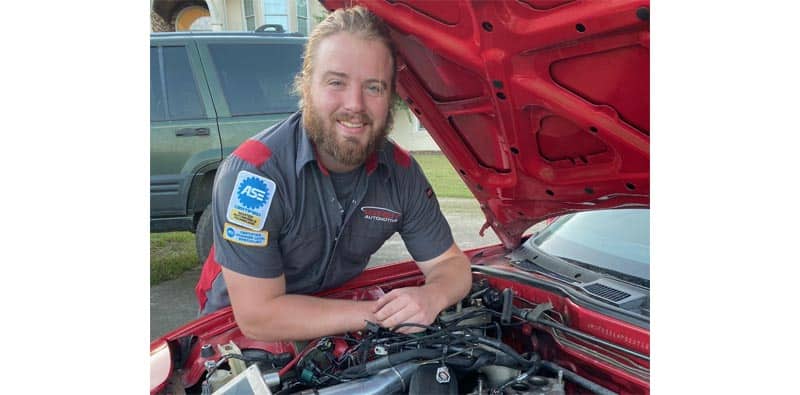
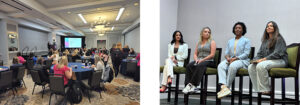
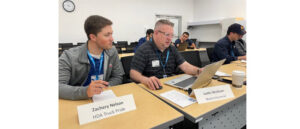

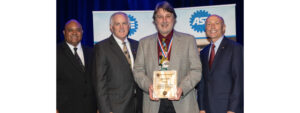
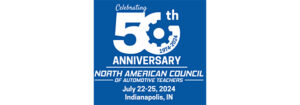




Comments are closed.